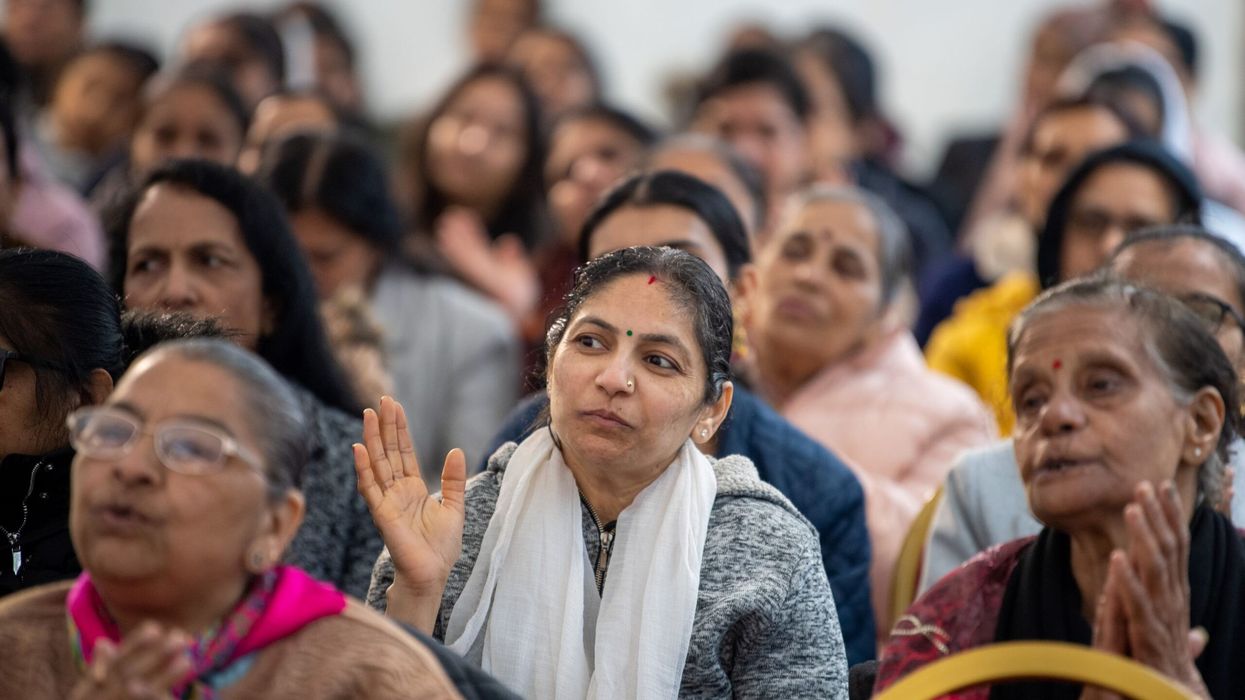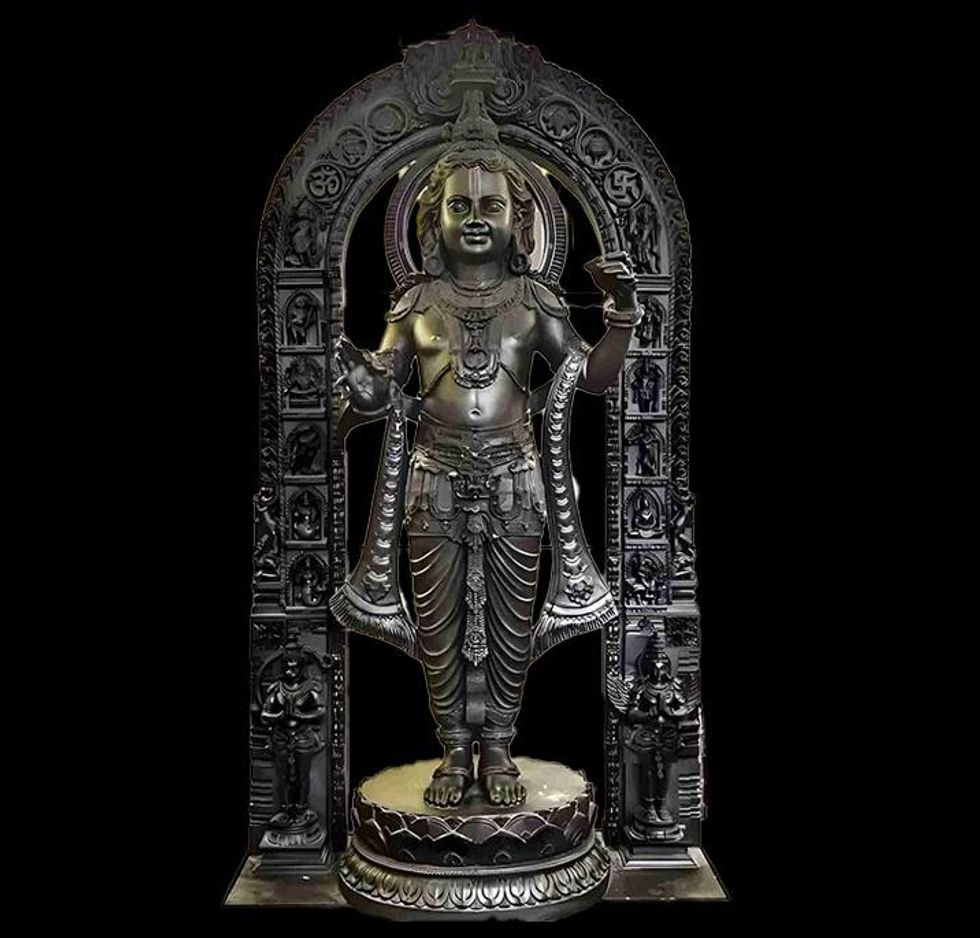Leicester recently witnessed a vibrant celebration as hundreds of young people gathered to honour Ram Navami of the Hindu deity Lord Rama. The event, organised by the Youth Association Ramdoot Seva Sangh, Shree Sanatan Mandir Temple, and the Shree Hanuman Temple, brought the community together for a day of prayers, bhajans, and joyful festivities.
Rajesh Patel, Secretary of Shree Hanuman Temple, stated, "We believe that events like these play a crucial role in promoting understanding and fostering a sense of belonging within our diverse community. Through prayers, music, and joyful celebrations, we hope to create lasting bonds of friendship and goodwill among all who attend."
The festivities included prayers led by esteemed spiritual leaders, devotional music through bhajans, and the recitation of Hanuman Chalisa and Aarti. The event aimed to promote understanding and a sense of belonging within Leicester's diverse community, with participants enjoying a day filled with friendship and goodwill.
The temples in Leicester have been instrumental in preserving and promoting Hindu traditions. The Shree Hanuman Temple, for instance, is rooted in the history of the Salangpur Hanumanji Temple in western Gujarat, India.
It was established in 1849 in the western part of Gujarat, India. Lord Hanuman, known for strength and devotion, is an ardent devotee of Lord Rama and has served Lord Krishna and Lord Swaminarayan. Followers come from the Swaminarayan sect, believing Swaminarayan to be the Supreme Eternal God.
About 30 years ago, UK devotees visited the temple in India and desired a Hanuman temple of their own. In 2003, Indian saints visited Leicester, inspiring local devotees. In 2021, a temple was opened on Melton Road, Leicester, after purchasing and refurbishing a former police station to serve the community's needs.





